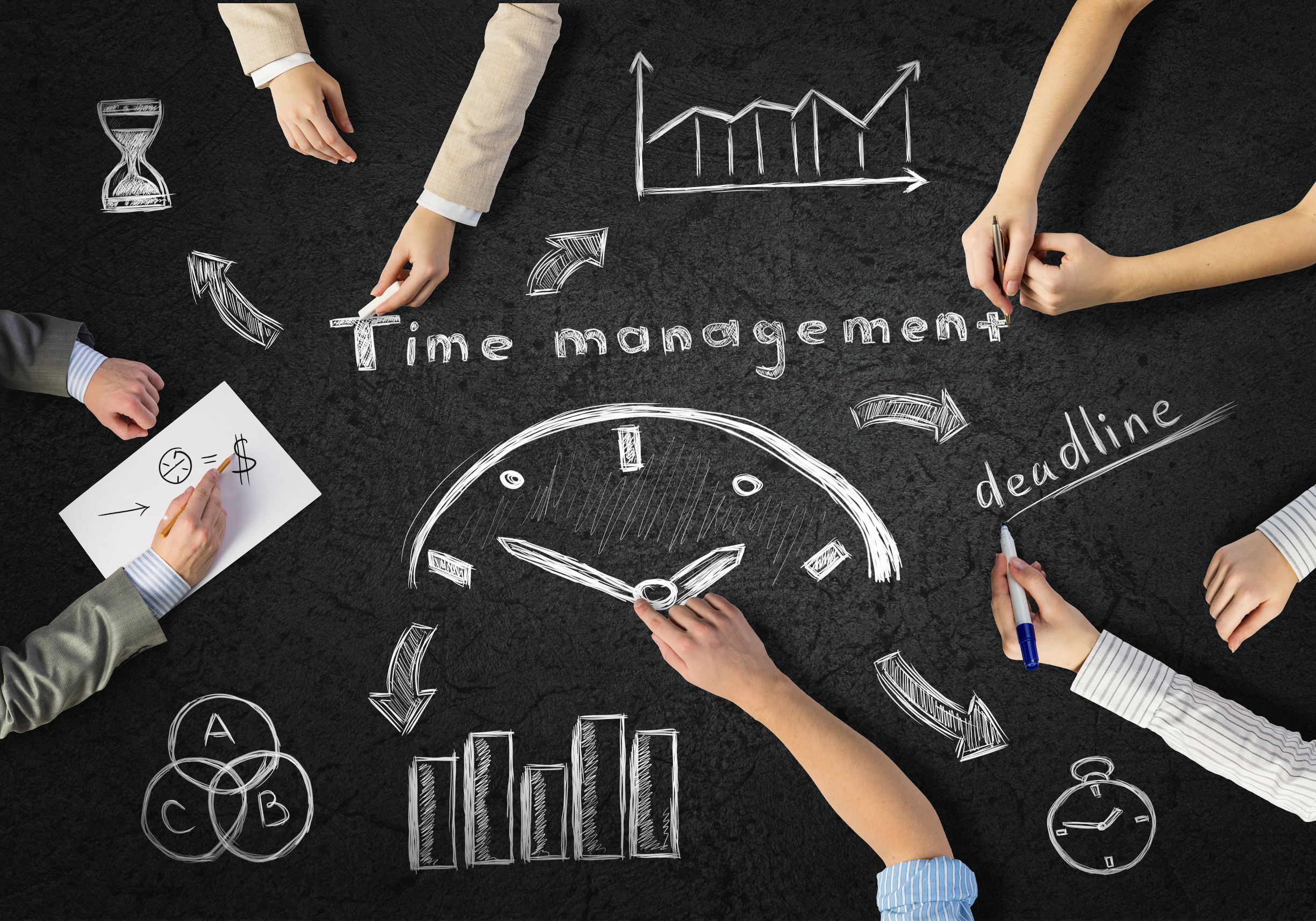Shifting focus from time to energy management
- Josephine Tan

For decades, organisations have championed time management as the holy grail of workplace efficiency. But what if squeezing more tasks into an already packed schedule is not the key to a thriving workforce? Enter the concept of energy management, an approach that prioritises individual wellbeing and replenishment as the fuel for peak performance.
Minaa B., Social Worker, Author, and Mental Health Consultant, shed light on this paradigm shift. “We spend too much time talking about ‘Do I have time?’ when the real question is ‘Do I have the energy?’”, she emphasised. Time may be on our calendars, but without the accompanying energy reserves, tackling to-do lists becomes a struggle.
Minaa highlighted the importance of recognising and harnessing personal energy as a fundamental aspect of workplace success and laid out a three-step framework. The first step is self-discovery by identifying activities that provide a positive “input” of energy. Whether it is spending time with friends, attending yoga classes, or engaging in personal hobbies, these self-care rituals offer the fuel needed to tackle energy-draining tasks effectively.
According to Minaa, many professionals remain unaware of their energy levels, leading to situations where they may have the time but lack the necessary energy for tasks. Signs of depleted energy include feelings of unproductivity, irritability, or making avoidable mistakes. Hence, the second step she suggested was to pay attention to these cues to recognise when a pause and recharge are essential.
READ MORE: Is waiting two years before a job switch a wise move?
Once individuals identify activities that boost their energy, the final advice from Minaa was to prioritise these inputs daily, especially during periods of heightened stress or susceptibility to burnout. Drawing an analogy to a dying battery, Minaa stressed the importance of proactively “plugging in” by engaging in activities that replenish energy levels, reported Fortune.






